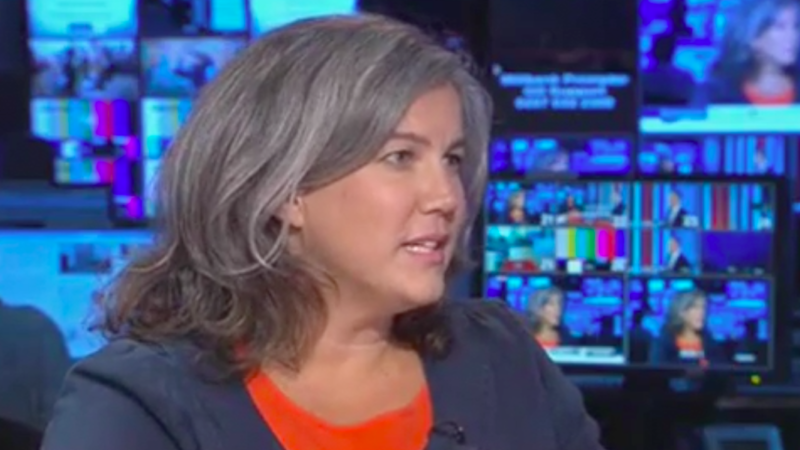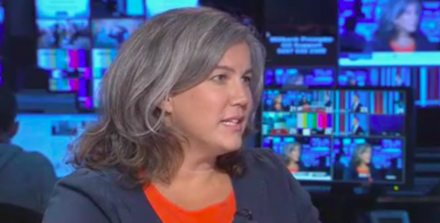

Imagine the scene. It’s spring 2016. The Vote Leave campaign is feverishly telling the electorate that a sovereign parliament is a mere distraction. The object of prime importance is that we leave the EU – and that also means leaving the single market, leaving the European Economic Area (EEA) and leaving European-wide customs arrangements. This has to happen by fair means or foul. Power must leave Brussels, bypass parliament, and reside with a Whitehall elite. Ministers may or may not reinstate the rights and protections conveyed either by membership of the EU or the EEA, but we can all agree in any event that our jobs, rights and prosperity are of lesser importance than the British dream of rule by ministerial decree.
This counterfactual account – the true face of an honest Leave campaign – would have been dismissed as reckless by voters and would have lost a referendum. This recklessness though is no longer counterfactual, but actual, and is being debated in parliament as a result of the EU Withdrawal Bill.
Much attention has rightly focussed on the extent to which the bill represents a “power grab” by ministers. Top of my list of concerns, is the power it confers on the likes of David Davis to sit behind their departmental desks and at the stroke of a pen withdraw us from the European Economic Area and the single market.
The EEA contains the countries of the EU plus Norway, Iceland and Liechtenstein. It provides a way to stay in the single market while being outside the EU and a means of maintaining ease of trade whilst being beyond the jurisdiction of the European Court of Justice. Put simply, membership of the EEA satisfies the instruction provided by the referendum result without needlessly sacrificing our economy.
Now many of us might prefer to stay in the single market by remaining in the EU, but the odds don’t look good on that front and as a realist, I feel I have a responsibility to look at other options to limit the damage. I recognise the result of the referendum, but I will not allow ministers a completely free hand in deciding how we leave.
And so for the sake of the democracy leavers used to be in favour of, I have tabled an amendment to the Withdrawal Bill. My new clause would prevent a ministerial power-grab on single market membership and would require a further act of parliament before the government seeks to pull us out of the EEA. It would require MPs to determine whether Britain triggers article 127 of the EEA Agreement and would stop this being decided by ministerial whim.
This is no more than was provided by the government when parliament voted to trigger article 50 of the Lisbon Treaty to pull us out of the EU and it was an issue that was pronounced by David Davis in March this year as “quite likely to come to Parliament”. But as currently drafted the bill contains no provision for MPs to vote on whether we notify other contracting parties to the EEA agreement of our intention to withdraw from that treaty. Worse still, hidden in the bill’s 19 clauses and eight schedules, its sneaks in a number of changes which could be prayed in aid by ministers as some sort of back door authorisation for taking us out of the single market.
What might this back door route look like? The repeal of the EEA Act 1993 (the British act of parliament which put the EEA Agreement onto our statute book) is part of the EU Withdrawal Bill, squirreled away in Schedule 8 Part 2. Ministers could very well claim that having repealed the agreement in domestic law, they can use the powers conferred on them under clause eight of the bill to “tidy up” the irritating issue that Britain is still officially a signatory to the EEA Treaty. They would have the power to decide that and it needn’t come back to parliament.
That isn’t the reclaimed British sovereignty people voted for and it’s not good enough. Irrespective of whether we believe the country should be out of the single market, in it for a transitional period or in it indefinitely, how can this not be a decision for parliament?
That’s what my new clause would change. It’s called democracy.
The most important issue for our country is our continued membership of the single market, along with our ability to stay in a European customs union. It is about jobs and living standards, but it is also about the money a future Labour government will need to tackle austerity. The idea that we cede all decision making on our membership of the European Economic Area to a prime minister so palpably held hostage by a cell of Brexit fanatics is one that should concern us all.
The bill has to change. The economy must come first. Parliament must make the decisions and it should be the Labour Party that leads the way.
Heidi Alexander is MP for Lewisham East.




More from LabourList
Economic stability for an uncertain world: Spring Statement 2026
‘Biggest investment programme in our history’: Welsh Labour commit to NHS revamp if successful in Senedd elections
James Frith and Sharon Hodgson promoted as government ministers